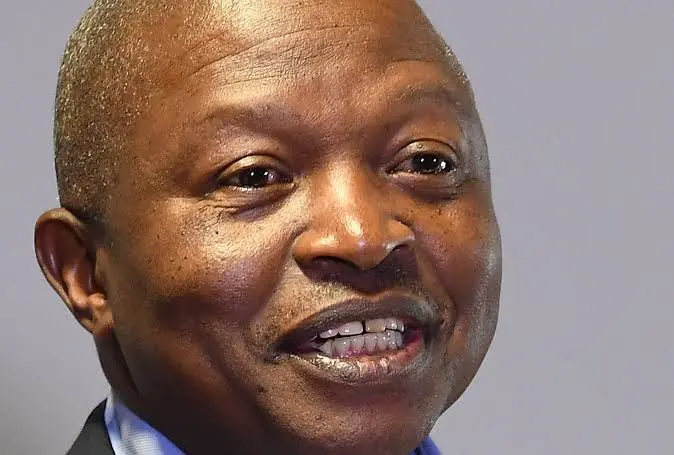DP Mabuza promises to work with Amakhosi to tackle litany of issues facing them
DP Mabuza promises to work with Amakhosi to tackle litany of issues facing them

The country’s deputy president, David Mabuza, has promised traditional leaders in KwaZulu-Natal to address the litany of issues affecting them and their communities.
Mabuza said throughout his engagements with the structures across the country he got to learn about their many challenges.
The deputy president was speaking in Durban on Friday where he was meeting with traditional and Khoi-San leaders from all over the province.
Mabuza said the government had full confidence in the abilities of traditional leaders and he looked forward to collaborating with them to address the most pressing problems facing the country.
“As government, we will continue to collaborate with amakhosi and iNdlunkulu kaZulu (Zulu monarch) in the fight against underdevelopment and these social ills.
“Primary to this, will be our focus on violence against women and the elderly.
“The abuse of women and children cannot happen in the name of culture. There is no reason for the abuse of women and children.
“Their continued suffering at the hands of men, is a dark spot on our society and the legacy we inherited from our forebears.
“Amakhosi and amakhosikazi as influential leaders of our communities, must play a key role in advocating and driving social mobilisation initiatives that are geared towards addressing sexual offences, and gender-based violence, and femicide,” Mabuza said.
He added that the government was opposed to the killing of traditional leaders in the province and it was ready to work with all stakeholders to deal with the scourge.
“One critical concern that we must deal with head-on is the callous murder of traditional leaders, especially in this province.
“We must ask ourselves tough questions about what is happening in the province of KwaZulu-Natal.
“Most importantly, we must be able to equally commit ourselves to rooting out the elements within our society that are responsible for such brutal acts, no matter how difficult this can be.
“We strongly condemn the killings of traditional leaders and izinduna and we have to show our condemnation with action.
“As government, we are prepared to deploy the necessary resources to confront this challenge. We urge amakhosi and izinduna to work with us in this regard.”
On the land issue, Mabuza said it was important that communal land benefit all those who live on it.
“With regard land reform and security of tenure, just as we shared with the king yesterday, we want to assure the Institution of Traditional Leadership and the people of KwaZulu-Natal that as a government we are looking into a sustainable land tenure system.
“We will be taking to Cabinet various options as discussed in the communal land summit for approval and feedback to traditional and Khoi-San leaders.
“The Ingonyama Trust plays an important role in this regard. We will continue protecting the land that indigenous people have historically owned.
“Having said that, it is common knowledge that those who reside in, or want to invest in communal land face challenges related to ownership and management of land.”
He added that setting up laws in this regard would be very helpful in addressing the issue.
“This was also discussed during the Communal Land Administration and Tenure Reform Summit (and the) resolutions will be very helpful in setting up laws and policies for land reform that will speed up the process of land allocation for agricultural purposes and human settlements.
“As government, we will keep working hard to create and sustain rural communities by transferring land ownership from the state to legitimate owners.
“It is critical to prioritise access to land as a crucial asset for rural development and economic transformation, so that the land held in trust by traditional and Khoi-San leaders may be effectively used for agriculture, human settlements, industrial development, and other beneficial purposes.
“The big question should no longer be about land distribution, but should be about how we use the land that is claimed and settled.
“We must ensure that ordinary people benefit from commercial land use, and the extraction of natural resources in traditional communities.”
Comments are closed.